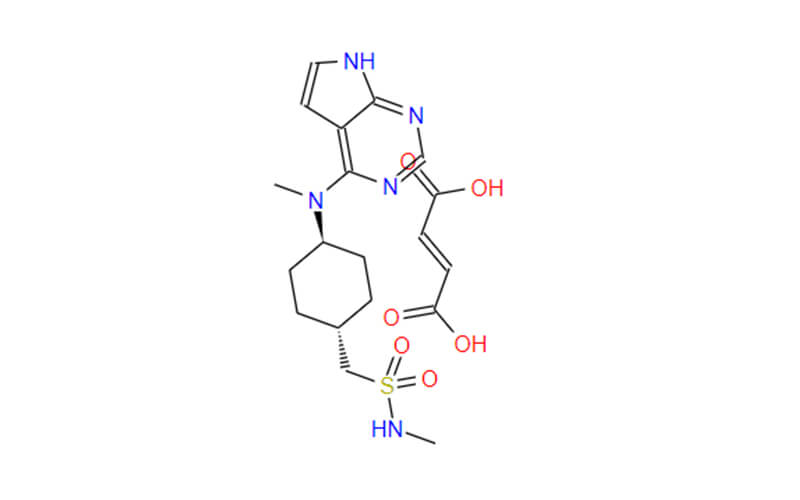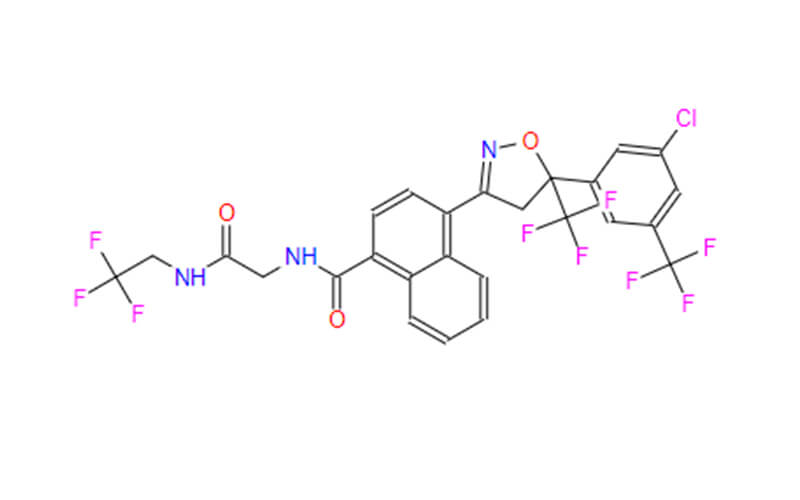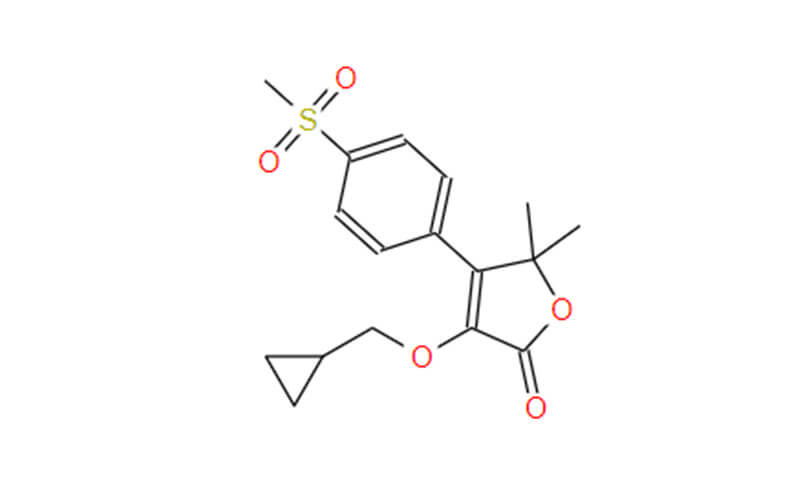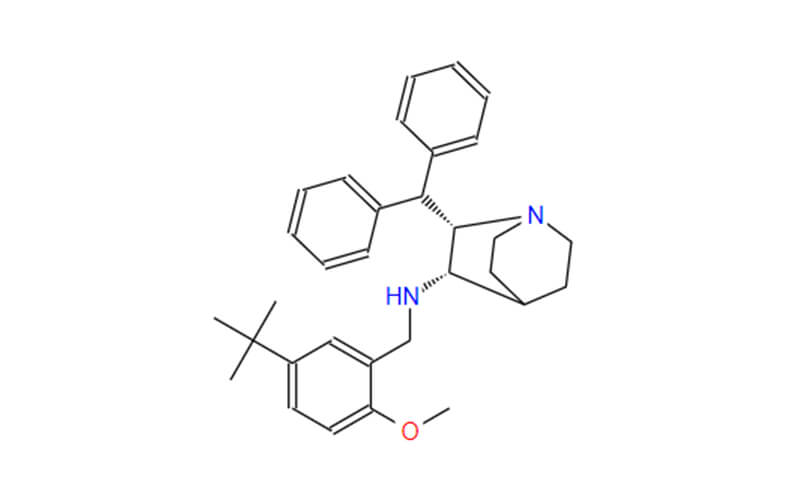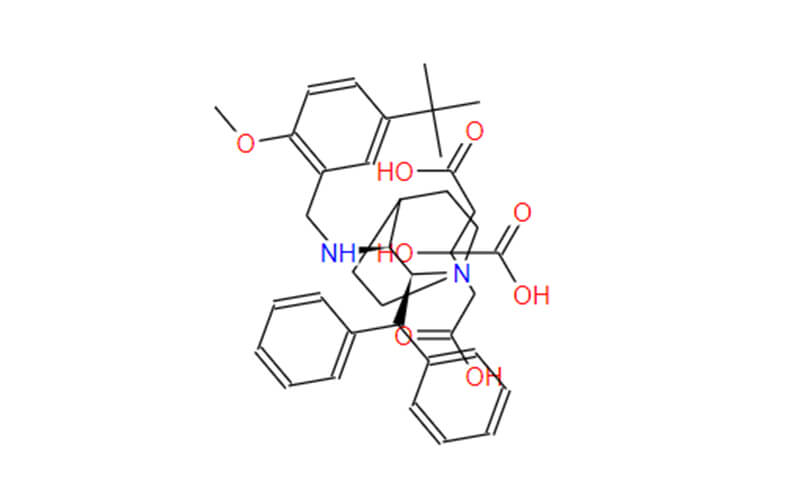Innovations in Veterinary API Synthesis: Implications for Animal Health
In the ever-evolving field of veterinary medicine, the synthesis of Active Pharmaceutical Ingredients (APIs) is pivotal to advancing animal health. Just as in human medicine, the development of innovative APIs holds the promise of more effective treatments, improved outcomes, and better overall well-being for animals. In this article, we explore the latest innovations in veterinary API synthesis and the far-reaching implications they have for animal health and care.

The Role of Veterinary APIs
Active Pharmaceutical Ingredients (APIs) play a pivotal role in veterinary medicine. These biologically active components are responsible for delivering the desired therapeutic effects in animals, forming the basis upon which a myriad of medications and treatments for various animal species are developed.
Veterinary APIs target a diverse range of health issues in animals, including but not limited to:
- Infections: APIs are crucial for the development of antibiotics and antiviral drugs to treat bacterial and viral infections in animals. These medications help combat diseases that can affect both domestic pets and livestock.
- Chronic Conditions: Veterinary APIs are used in the management of chronic diseases like diabetes, arthritis, and cardiovascular conditions. They assist in controlling symptoms and improving the quality of life for animals with ongoing health issues.
- Pain Management: APIs designed for analgesia and anti-inflammatory purposes are essential for addressing pain and inflammation in animals, whether they are recovering from surgery, experiencing musculoskeletal pain, or suffering from chronic pain.
- Parasitic Infections: APIs are employed in the production of antiparasitic drugs to control internal and external parasites, such as worms, fleas, ticks, and mites, which can harm both pets and livestock.
- Reproductive Health: Certain APIs are used to manage animal reproductive health, ensuring successful breeding, fertility, and related aspects.
- Rare Diseases: In some cases, APIs are used to treat rare and specific diseases that affect particular animal species, ensuring they receive specialized care.
The continuous innovations in the synthesis and development of veterinary APIs hold significant potential for enhancing the quality of care animals receive. As advancements in pharmaceutical science and technology progress, the veterinary medicine field benefits from a broader array of treatment options and improved healthcare for animals, both pets and those in the agricultural sector. These innovations are pivotal in promoting animal welfare, public health, and the overall well-being of animals around the world.

Advancements in Veterinary API Synthesis
- Customized Formulations: Modern API synthesis techniques allow for the creation of customized formulations that cater to the specific needs of different animal species. This level of precision ensures that medications are not only effective but also safe for the target animals.
- Improved Bioavailability: Enhanced API synthesis methods lead to improved bioavailability of veterinary drugs. This means that the APIs are better absorbed and utilized by the animal’s body, resulting in more effective treatments with lower dosage requirements.
- Long-Acting Formulations: Innovative synthesis approaches enable the development of long-acting formulations, reducing the frequency of administration and increasing compliance in animal healthcare. This is particularly beneficial for animals that may be difficult to medicate regularly.
- Targeted Therapies: Advanced synthesis techniques allow for the design of APIs that target specific pathogens or conditions in animals, leading to more precise treatments with fewer side effects.
- Extended Therapeutic Options: The continuous evolution of veterinary APIs expands the range of treatment options available for animals. From pain management and parasitic control to vaccines and antibiotics, these innovations help address a wider array of health challenges.

Veterinary API’s Implications for Animal Health
Innovations in veterinary API synthesis carry significant implications for animal health and well-being:
- Improved Efficacy: Innovative APIs can lead to more effective treatments, reducing the duration and severity of illnesses in animals. This is especially important for conditions that were previously challenging to manage.
- Enhanced Quality of Life: Targeted therapies and precision medicine mean animals experience fewer side effects and a better quality of life during treatment.
- Reduced Risk of Disease Spread: Broad-spectrum antibiotics and novel antiviral APIs contribute to the prevention and management of disease outbreaks in animal populations, which can have implications for both animal and public health.
- Advanced Diagnostics: Advances in APIs for diagnostic purposes enable more accurate and timely disease detection in animals, supporting early intervention and treatment.
- Innovative Preventative Care: Veterinary APIs also contribute to advancements in preventive care, with the development of new vaccines and prophylactic treatments for a range of animal diseases.
Conclusion
Innovations in veterinary API synthesis are driving progress in animal health across various sectors, including agriculture, companion animal care, and wildlife conservation. These advancements offer tailored solutions for the diverse health needs of animals, contributing to better disease control, improved animal welfare, and the conservation of wildlife. As the field continues to evolve, it holds promise for even more breakthroughs in veterinary medicine, benefitting both animals and society as a whole.

